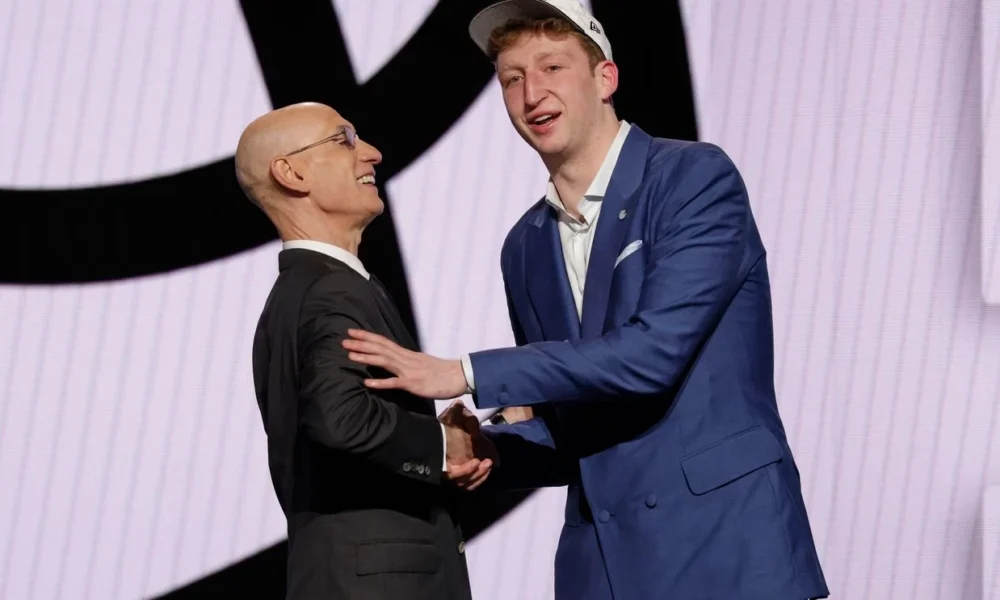South Africa's Most Popular Coffee Shop Opening New Restaurants Across South Africa. - SA Franchise Brands
Mugg & Bean has experienced a significant expansion in its store network, as its parent company, Famous Brands, has recorded a substantial increase in profits.
Mugg & Bean’s history dates back to the 1990s, when Ben and Judi Filmalter took a trip to Chicago and discovered a little coffee shop that prided itself on the spirit of generosity.
Inspired by the idea, Ben returned to South Africa and opened the first Mugg & Bean in 1996 at the V&A Waterfront in Cape Town.
The company emphasised generosity with ample portions, including its famously gigantic muffins, bottomless coffees, and cold drinks.
The business took off quickly, and Filmalter started franchising, with the company seeing a massive expansion in a few years.
He also expanded the restaurant’s concept to convenient “Mugg & Bean On the Move” locations, with the first opening at the OR Tambo International Airport in Gauteng.
In 2009, Famous Brands bought Mugg and Bean in an acquisition worth R104 million, with a franchise network of 79 restaurants.
Famous Brands, which is listed on the JSE, owns Wimpy, Steers, Fishaways, Milky Lane, and several other popular chains.
Mugg and Bean has continued to grow, opening locations in Kenya, Botswana, and the United Arab Emirates. Since Filmalter’s passing, the company has focused on his message as Mr Generosity.
There were 36 Mugg & Bean locations added over the financial year ending 28 February 2025, bringing its total store network to 322 stores across 11 markets.
Mugg and Bean’s total store numbers benefited from converting five Fego Cafes over the year. Outside of that, group CEO Darren Hale said that the total store increase is a positive sign for the company.
This makes Mugg & Bean the fourth-largest restaurant network in the company, behind 868 Debonairs Pizzas, 735 Steers, and 539 Wimpy restaurants.
Speaking at the group’s results presentation, Hale said that the company will continue its efforts to expand its leading brand presence, which includes Mugg and Bean, via its franchisee network.
The group opened 153 new restaurants over the period. However, this was not constant across all its brands, with Wimpy and Fishaways seeing a decrease, highlighting Mugg and Bean’s strong performance.
Source: Famous Brands
The opening of new stores comes amid a relatively strong performance for the group, with headline earnings jumping by 12%.
In its financial results for the year ended 28 February 2025, the group said that headwinds in South Africa have significantly reduced consumer spending.
Thus, consumers are prioritising essential spending and seeking value for money. The results also stressed that competition remains fierce, with increased advertising activity and promotions.
The group also had to contend with deteriorating infrastructure, such as unreliable electricity, water supply, and logistics sector issues.
However, there were positive signs over the year, such as reduced load shedding, improved consumer sentiment, rand stability, and lower inflation and interest rates.
The group stated that the landscape favours franchised brands over independent brands, with the scale and well-known brands of franchised brands providing a competitive advantage as consumers seek affordable meals.
Although the group’s revenue increased by only 3.2% to R8.3 billion, its operating profit increased by 12.6% to R914 million.
Headline earnings also jumped by 12% to R521 million for the year due to slower sales growth compared to revenue and a R10 million reduction in the impairment of intangible assets.
Although the group’s Leading Brands, including Mugg and Bean, performed well, the group’s total performance did not meet expectations due to lower consumer spending.
This subdued demand also hurt the company’s manufacturing and logistics results.
That said, the group’s total profit for the year increased by R100 million to R584 million, with headline earnings per share jumping by 11.9% to R584 million.
Nevertheless, with smaller net finance costs, R120 million in FY24 to R105 million in FY25, the group’s total profit for the year also increased by R100 million to R584 million.
The group increased its total dividend for the year by 14.2% to 195 cents per share, a healthy payout to its shareholders.










